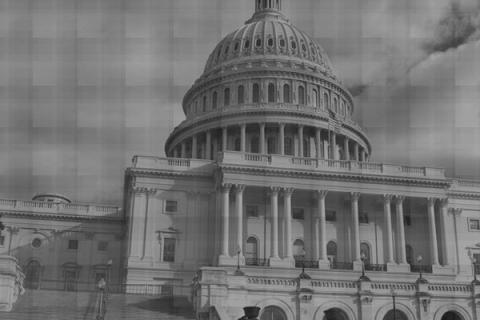 Credit: Shutterstock.com
Credit: Shutterstock.com
The Committee for Economic Development (CED) released a series of reports Wednesday finding an overwhelming majority of surveyed business leaders favored a 'major overhaul' of campaign finance law. The CED is a 501(c)(3) non-profit, public-policy organization that focuses on issues that impact the business community.
The report titled 'American Business Leaders On Campaign Finance And Reform' was compiled by a bipartisan team of polling groups. Hart Research (Democratic) and American Viewpoint (Republican) surveyed a total of 302 business executives via online questionnaire. No party preference voters were not included in the study.
The subsequent issue brief, 'Hiding in Plain Sight: The Problem of Transparency in Political Finance,' stressed the necessity for new and increased transparency of political spending whilst observing robust first amendment protections.
The reports touched on four key areas that have become the focal point for reform, pay-to-play politics, outside spending, disclosure, and contribution limits.
Pay-to-play:
The CED survey found 95 percent of respondents agreed at least some elements of the US system of financing elections system were 'pay-to-play' while 64 percent of those felt it is a serious problem. Only 5 percent would "not describe it as a pay-to-play system."
Not simply corruption itself, but the appearance of corruption has a corrosive impact on the nation's political economy. Even if pay-to-play politics isn't taking place outright, the perception remains that money talks in Washington.
Outside Spending:
Disclosure:
There has been an explosion of non-disclosed political spending since 2006. Over the last three election cycles, the percentage of total election spending that was not disclosed to the FEC has ballooned from 1.1 percent in 2006, up to almost 30 percent in 2012.
According to the brief, this is attributed to the, " current disclosure laws and the Federal Election Commission’s narrow interpretation of these statutes, the Court’s assumption has proven to be faulty. Political donors and spenders are finding it increasingly easy to avoid public scrutiny, as a growing number of organizations take advantage of porous rules to finance campaign activity without revealing the sources of their funding."Contribution Limits:
Even though unlimited contributions to 'outside' organizations was upheld as constitutional, 89 percent of respondents felt there should be limits of some sort. Seventy-eight percent felt strongly about the issue as well.
These four pieces of the campaign finance puzzle have gone woefully unresolved and present a significant hurdle facing voters' attitude towards the political process. Whether or not the nation's institutions outside of the business community will take heed remains to be seen.
